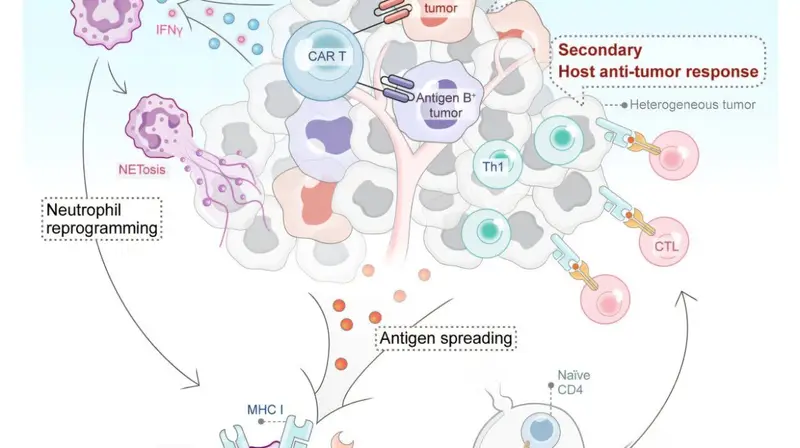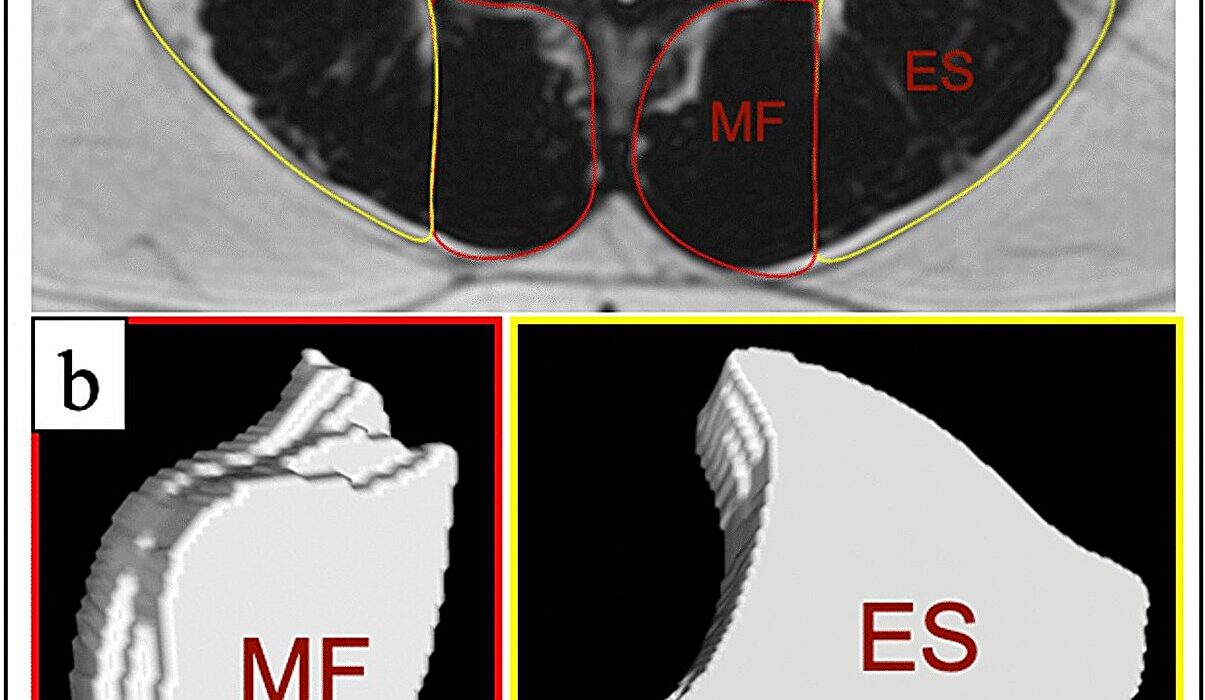Sleep is often overlooked as a simple pause—a break from the hustle of life, a necessary shutdown for our bodies. Yet beneath the quiet surface of those nightly hours lies a complex symphony of activity essential to who we are as thinking, feeling beings. Memory and learning, those most precious faculties of the human mind, depend intimately on the quality and quantity of sleep. Without sleep, the fragile threads of our memories unravel; our ability to absorb, process, and retain new information withers.
Imagine sleep as the backstage crew of a grand theater production. While you rest, unseen hands are carefully rearranging the sets, sewing new costumes, and rehearsing lines, preparing your brain to perform better the next day. This backstage work is crucial for learning and memory. But how exactly does sleep shape the architecture of our mind? What happens in those fleeting hours when our eyes are closed? To answer this, we need to explore the intricate dance between sleep cycles, brain regions, and memory systems, revealing a story as fascinating as it is vital.
The Many Faces of Memory
Memory is not a single, uniform process but a mosaic of interwoven types. Declarative memory, the kind we use to remember facts and events, and procedural memory, which involves skills and habits, engage different neural circuits. When we learn a new language or memorize a poem, declarative memory is at work. When we learn to ride a bike or play a piano piece, procedural memory takes the lead.
The hippocampus, a seahorse-shaped structure deep within the brain’s temporal lobe, acts as a central hub for consolidating declarative memories. But it does not store memories permanently. Instead, it temporarily holds information before it is gradually transferred to the cortex for long-term storage. This transfer process, known as systems consolidation, requires a quiet, protected environment—one that only sleep can provide.
On the other hand, procedural memories depend heavily on other regions like the basal ganglia and cerebellum. The coordination between these brain parts and their strengthening during sleep forms the foundation for mastering complex skills. This layered complexity means that sleep’s impact on memory and learning is not straightforward; it is a multifaceted, dynamic interplay across many brain systems.
The Architecture of Sleep: Unlocking the Night’s Secrets
Sleep is divided into two broad phases: non-rapid eye movement (NREM) and rapid eye movement (REM) sleep. NREM itself contains multiple stages, from light sleep to deep, slow-wave sleep (SWS). Each phase serves unique and complementary functions in the memory consolidation process.
During slow-wave sleep, the brain exhibits slow oscillations, synchronized bursts of electrical activity visible in electroencephalograms (EEGs). This stage is crucial for the transfer of memories from the hippocampus to the cortex, a process facilitated by coordinated “replays” of neural patterns originally activated during learning. These replay events, or “sharp-wave ripples,” are like the brain’s internal rehearsals, strengthening the neural connections that represent memories.
REM sleep, characterized by rapid eye movements and a more desynchronized EEG pattern, is associated with vivid dreams and emotional processing. It also plays a role in integrating new information with existing knowledge, creatively reorganizing memories to foster insight and problem-solving abilities.
The cycling through these stages, typically every 90 minutes, creates a scaffold on which memories can be stabilized, refined, and enriched. Without this dance of sleep phases, learning falters, and memories remain fragile and incomplete.
How Sleep Enhances Learning: From Lab to Life
Scientific experiments have repeatedly shown that sleep improves learning outcomes. One classic study had participants learn a set of word pairs or a motor skill like finger tapping. Those who slept shortly after learning performed significantly better when tested than those who stayed awake for the same duration. Sleep doesn’t merely preserve information; it actively transforms and strengthens it.
But the effect of sleep on learning goes beyond laboratory settings. Consider students pulling all-nighters before exams. Although common, this practice is counterproductive. The brain simply cannot consolidate freshly acquired knowledge without adequate sleep. New memories stay in a fragile, unstable state vulnerable to interference and decay.
Moreover, sleep enhances not only rote memorization but also the extraction of patterns and rules from learned material—a phenomenon called “implicit learning.” This capacity is crucial for language acquisition and creative problem solving. During sleep, the brain reorganizes information, highlighting relevant connections and discarding noise.
The Emotional Heart of Memory and Sleep
Memories are rarely neutral. Emotional significance shapes what we remember and how vividly. Sleep plays a profound role in processing the emotional content of memories, particularly during REM sleep.
For example, after a traumatic or emotionally charged event, sleep helps modulate the intensity of emotional memories. The amygdala, the brain’s emotional center, interacts with the hippocampus during sleep to reframe and sometimes dampen emotional reactivity. This mechanism is critical for emotional resilience and mental health.
Without sufficient REM sleep, emotional memories can become raw and overwhelming, potentially contributing to disorders like post-traumatic stress disorder (PTSD). Thus, sleep’s influence extends beyond cognitive function to the emotional fabric of memory, underpinning our well-being and capacity to cope with life’s challenges.
Sleep Deprivation: The Silent Thief of Memory
Sleep deprivation, whether acute or chronic, inflicts devastating blows on memory and learning. Even one night of lost sleep impairs attention, working memory, and the ability to form new long-term memories. The hippocampus is particularly vulnerable, exhibiting reduced activity when sleep-deprived.
Long-term sleep restriction compounds these effects, leading to cognitive deficits that mimic aging or neurological disease. Studies show that people who chronically sleep fewer than six hours a night have impaired memory recall and are at higher risk for dementia.
The impact is not just academic. Sleep loss undermines everyday tasks—learning a new route, remembering appointments, or adapting to new social situations becomes difficult. The world, seen through a foggy mind, becomes less navigable and more stressful.
Dreams: The Mind’s Laboratory for Learning
Dreams have long been a subject of fascination and mystery. Though once considered random neural noise, modern science reveals that dreaming during REM sleep is linked to memory consolidation and emotional processing.
Dreams can creatively recombine fragments of recent experiences with older memories, generating novel scenarios and insights. Some researchers argue that dreaming is the brain’s way of simulating challenges and rehearsing responses—a vital process for adaptive learning.
The emotional intensity of dreams may serve to strengthen important memories while facilitating the forgetting of trivial details. In this way, dreams are not just stories spun during sleep but active participants in shaping our memories and learning.
The Developing Brain: Sleep and Learning in Children
Children’s brains are remarkably plastic, capable of rapid learning and adaptation. Sleep plays an even more crucial role during childhood, supporting the processes that underlie brain development.
Infants spend a significant portion of their day in REM sleep, thought to support the formation of neural circuits. As children grow, the amount and architecture of sleep evolve, supporting increasingly complex cognitive abilities.
Studies have shown that well-rested children perform better academically, have improved attention, and better emotional regulation. Conversely, insufficient sleep correlates with behavioral problems and impaired learning.
Understanding sleep’s role in childhood learning underscores the importance of healthy sleep habits from an early age—habits that can have lifelong benefits.
Aging, Memory, and Sleep: The Changing Landscape
Aging brings changes in both memory and sleep patterns. Older adults often experience fragmented sleep, reduced slow-wave and REM sleep, and increased awakenings. These alterations are associated with declines in memory consolidation and cognitive performance.
Research is ongoing into whether improving sleep quality in older adults can mitigate memory loss or delay the onset of neurodegenerative diseases like Alzheimer’s. Early evidence suggests that interventions targeting sleep may support cognitive health in aging populations.
Understanding the link between sleep and memory in aging not only provides hope for interventions but highlights sleep as a window into brain health across the lifespan.
Practical Steps: Harnessing Sleep to Boost Memory and Learning
Science offers clear guidance on how to optimize sleep for memory and learning. Prioritizing consistent sleep schedules, creating restful environments, and minimizing disruptions can dramatically improve sleep quality.
The timing of sleep also matters. Studies on “sleep hygiene” reveal that napping after learning can provide immediate benefits, and that the window shortly after acquisition is critical for consolidation.
Moreover, managing stress and emotional health supports better sleep, creating a virtuous cycle where restful nights enhance learning and well-being.
The Future of Sleep Science and Memory Research
As neuroscience advances, new technologies like neuroimaging and brain stimulation offer unprecedented insights into the sleep-memory relationship. Scientists are exploring ways to enhance memory consolidation through targeted stimulation during sleep, raising exciting possibilities for education and therapy.
Understanding individual differences in sleep needs and patterns may one day enable personalized sleep prescriptions, optimizing learning for every mind.
Yet, despite these advances, the fundamental truth remains: sleep is not an optional luxury but an essential pillar of cognition. It is nature’s gift to memory and learning, a nightly miracle we cannot afford to ignore.






